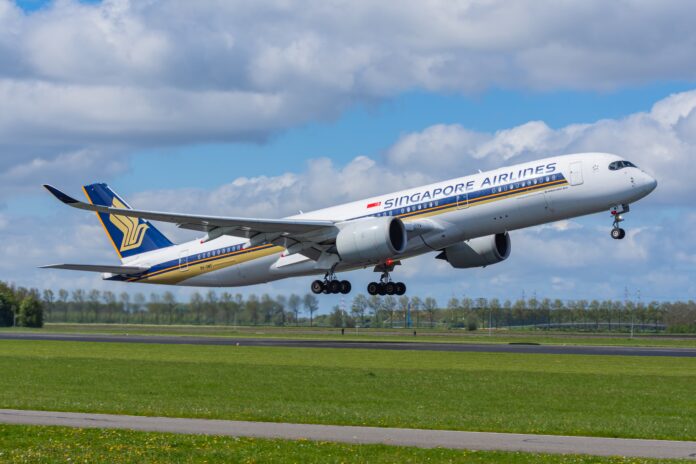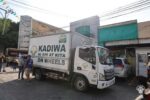The Singapore Airlines (SIA) Group has reinforced its commitment to decarbonisation by signing two key agreements for sustainable aviation fuel (SAF), highlighting the growing corporate and commercial significance of renewable fuels in global aviation.
In the first quarter of 2025, the Group completed purchases of over 3,000 tons of CORSIA-eligible SAF from leading producers Neste and World Energy. Under the deal with Neste, SIA acquired 1,000 tons of neat SAF produced at the company’s Singapore refinery. The fuel was blended locally and used at Changi Airport—marking the Group’s second such purchase from Neste and underlining efforts to develop Singapore’s SAF supply chain resilience.
In a parallel agreement, SIA procured approximately 2,000 tons of SAF emissions reductions from World Energy using the Book & Claim model. This system enables the airline to claim the associated carbon reductions without requiring physical delivery of the fuel—broadening access to SAF credits across geographies.
The combined transactions are expected to reduce more than 9,500 tons of carbon dioxide emissions, supporting the SIA Group’s broader decarbonisation roadmap, which includes a medium-term goal of 5 percent SAF usage by 2030 and net zero emissions by 2050.
“These agreements represent important steps in the SIA Group’s broader strategy to scale up its use of sustainable aviation fuel,” said Lee Wen Fen, chief sustainability officer at Singapore Airlines. “By working with different suppliers and exploring diverse sourcing models and certification pathways, we gain crucial insights into the SAF landscape and we can better understand the pathways towards a more sustainable aviation ecosystem.”
The Group’s SAF strategy leverages a test-and-learn approach, engaging with global suppliers and certification systems to advance regional SAF deployment. It also participates in the Green Fuel Forward campaign—launched by the World Economic Forum and GenZero—to promote SAF adoption and industry collaboration in the Asia-Pacific region.
These latest agreements underscore the rising commercial relevance of SAF and the growing need for scalable, standardised solutions to support the aviation industry’s global decarbonisation agenda.







